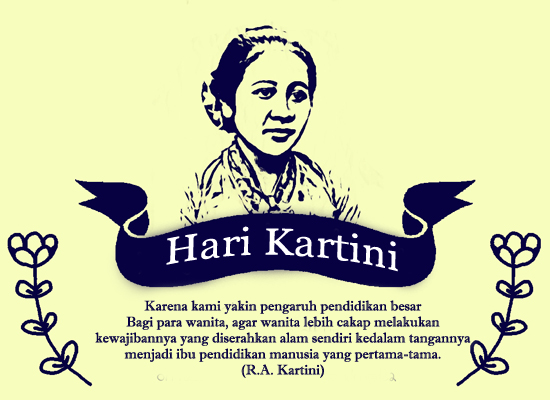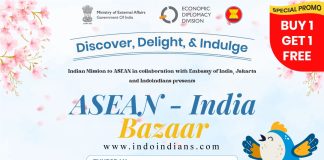Expatriates living in Indonesia are generally well informed about environmental issues and would like to apply the same standards of care for the environment as they do in their home countries. It may be a little more difficult to apply the principles of reduce, reuse and recycle in Jakarta, but we should all try to do our part to make the city as clean and green as possible. Here are 10 Ways to Care for the Environment in Indonesia:
- Reduce your use of plastic bags by taking your own reusable canvas tote bags when you go shopping, or at least shop at stores and supermarkets that provide biodegradable plastic bags made from cassava.
- Carpool whenever possible. Sharing a car to go to work or to go out with friends reduces traffic and uses less gas. This really important for a city like Jakarta.
- Sort your trash into organic trash and recyclable trash, such as paper, plastic, aluminum cans and milk cartons. Scavengers will come to look through the trash in the container in front of your house and will make less mess if your trash is already sorted.
- What to do with e-waste, i.e. broken or unwanted electrical or electronic devices, which are considered toxic and are not biodegradable? You can sell or give e-waste to a repair shop to be used as spare parts or if your company produces large volumes of hazardous waste you can contact PT Prasadha Pamunah Limbah Industri (www.ppli-indo.com)
- Make biopore absorption holes in your garden to increase the ability of the ground to absorb water, reduce floods and provide natural organic fertilizer for your plants. You can place pre-composted garden waste into these holes, or simply put leaves and grass clippings and even organic kitchen waste into the biopore holes to naturally compost there. You can buy a biopore hole maker from Dr. Kusumo Nugroho: +62 811 942232.
- When buying wood products look for products with a certification label, such as “Forest Stewardship Council”, to ensure that the wood comes from sustainably managed forests. The website https://info.fsc.org/certificate.php#result shows which manufacturers in Indonesia sell FSC certified products.
- Coffee is often grown on plantations planted in previously forested areas, including national parks. Choose environment-friendly coffee such as Merdeka Coffee (www.merdekacoffee.com) or Sekar Sedayu brand from Lampung.
- Do not buy exotic pets that have been caught in the wild as these creatures should live in their own natural habitat. It is also against the law to purchase souvenirs made from parts of endangered species such as elephants, orangutans, rhinos and tigers.
- Its fun to explore some of Jakarta’s neighborhoods, such as Kemang and Menteng, using the green maps developed by Green Maps Indonesia. The maps feature icons that show locations that have environmentally friendly credentials and can be viewed at http://www.opengreenmap.org/greenmap/green-map-jakarta-sustainable-transport-friendly-sites
- To keep abreast of environmental issues in Indonesia join the Green Lifestyle Community, a mailing list to share information and tips on maintaining a green lifestyle in Indonesias cities. Send questions or comments via http://greenlifestyle.or.id/ to greenlifestyle@gmail.com
Provided by: Colliers International





